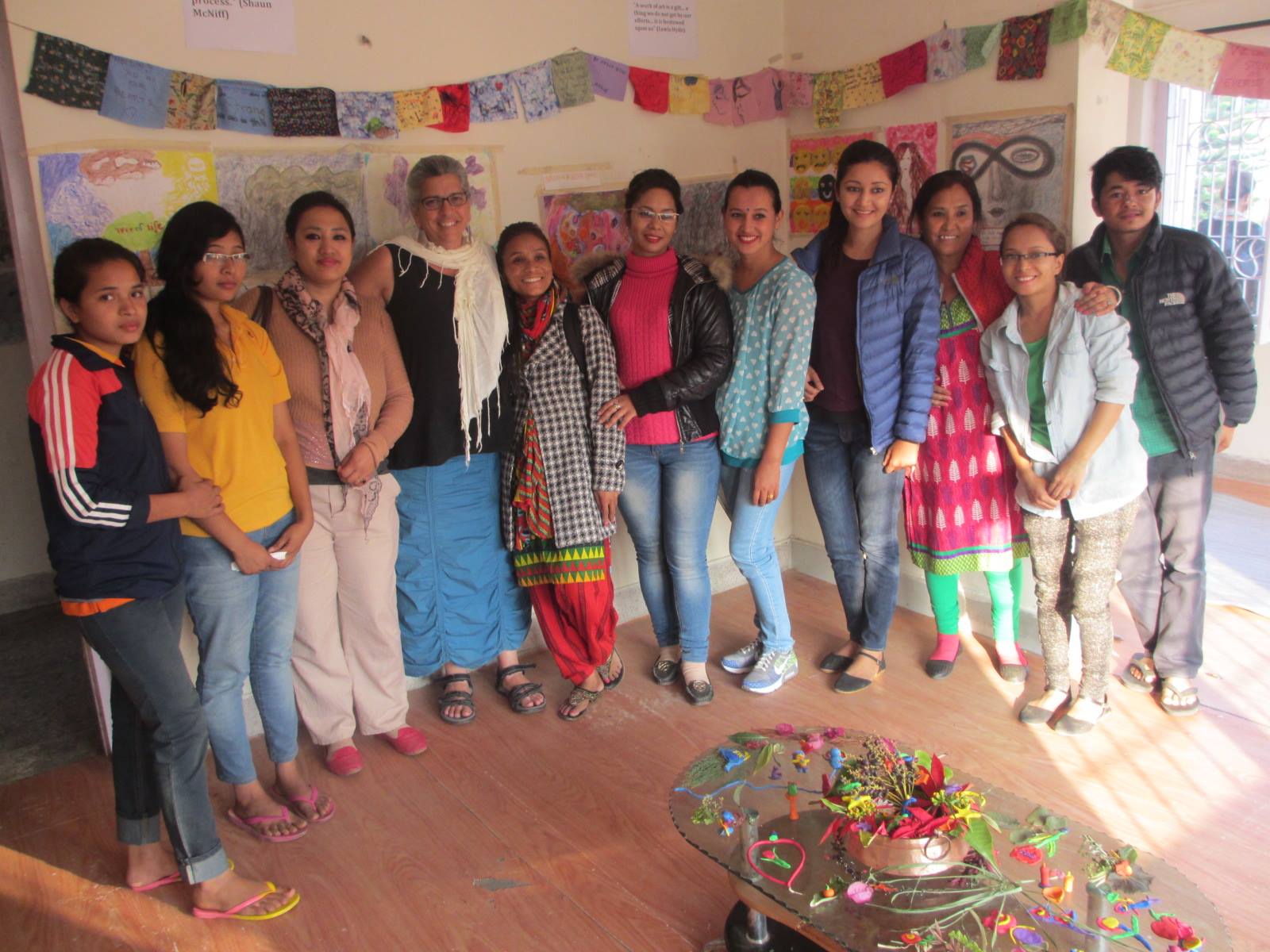Background
Nepal confronts a significant mental health burden, marked by a high prevalence of mental disorders and limited access to comprehensive care. The Nepal National Mental Health Survey (NMHS) 2019 revealed that 10% of adults have experienced a mental disorder at some point in their lives, with 4.3% currently struggling. Notably, women (4.3%) exhibit a higher prevalence of major depressive disorder (MDD) compared to men (2.8%), and MDD prevalence increases significantly within older populations (7.6%). Additionally, Nepal’s estimates for epilepsy, schizophrenia, alcohol use disorders, and bipolar disorder align with regional and global averages.
Compounding these mental health challenges is the widespread issue of substance abuse and addiction. Drug use, particularly among youth, is a growing concern, with an estimated 2.3% of the population using illicit drugs like heroin and cannabis. This substance abuse often leads to a cascade of mental health problems, including addiction, depression, anxiety, and psychosis.
Despite the significant need for mental healthcare in Nepal, numerous systemic barriers impede access to crucial services. These barriers include:
- Stigma and discrimination: Mental illness remains highly stigmatized in Nepali society, resulting in social isolation, discrimination, and reluctance to seek help.
- Limited access to mental health services: Nepal faces a severe shortage of mental health professionals and facilities, particularly in rural areas, leaving many individuals without access to adequate care.
- Lack of awareness: Low mental health literacy in Nepal contributes to a general lack of understanding about mental disorders and available treatment options.
- Inadequate integration of medical treatment and rehabilitation: Existing mental health services often neglect comprehensive medical treatment and rehabilitation, hindering holistic recovery and reintegration into society.


Atman Hospital and Healing Center Pvt. Ltd. and its Role:
Atman an Hospital and Healing Center Pvt. Ltd. is an innovative organization aiming to transform lives through holistic therapeutic interventions. In collaboration with a highly qualified and dedicated team of therapists, counselors, and medical practitioners, The Center strives to establish and operate a state-of-the-art treatment and rehabilitation center. It was established in 2075 BS (2019 AD) under the company act 2074 in Kathmandu Nepal. Our comprehensive services include in-patient and day care, counseling, family counseling, medical treatment, psychotherapeutic interventions, and detoxification services, addressing a spectrum of complex mental, emotional, relational, physical, intellectual, spiritual, and social problems.
Vision:
To be a beacon of hope and healing in Nepal, envisioning a future where individuals and communities achieve holistic well-being through expressive art therapy, psychosocial treatment, integrative healing practices, and evidence-based medical interventions.
Mission:
To create a nurturing and innovative healthcare environment in Nepal, guiding individuals on a transformative journey towards mental wellness. We empower our community to overcome mental health challenges through expressive art therapy, psychosocial treatments, and targeted medical interventions, fostering resilience, restoring hope, and promoting enduring recovery.
Goal:
Integrate expressive art therapy, psychosocial treatments, and comprehensive medical care into Nepal’s mental healthcare framework, empowering individuals for immediate well-being. Establish a safe, supportive, and inclusive space that facilitates personal growth, resilience, recovery, and a return to a fulfilling life.
Objectives:
The Center will provide comprehensive, evidence-based, and culturally sensitive treatment for individuals with addiction and mental health challenges in Nepal with the following objectives:
1. Holistic Treatment Center:
Establish a multidisciplinary team of skilled professionals to provide compassionate care for mental health issues.
Offer in-patient and outpatient services, including individual and group therapy, medication-assisted treatment, and expressive arts therapy.
Address the underlying psychological, emotional, and behavioral patterns contributing to addiction.
2. Family Support:
Facilitate family/Couple counseling sessions to equip loved ones with tools and resources to support their family member’s recovery journey.
3. Comprehensive Medical Care:
Deliver medical treatment, including medication-assisted treatment, detoxification, and ongoing monitoring.
Partner with local healthcare providers for referrals and collaborative care.
4. Psychotherapeutic Interventions:
Offer individual and group therapy sessions to address the psychological and emotional factors contributing to mental health.
Foster self-awareness, emotional regulation, and relapse prevention strategies.
5. Safe and Effective Detoxification:
Provide medically supervised detoxification services to assist individuals in safely overcoming withdrawal symptoms.
6. Holistic Well-Being:
Integrate expressive arts therapy, yoga, meditation, and other holistic practices along with medical treatment programs to promote overall well-being.
7. Community Outreach and Education:
Conduct workshops, seminars, and awareness campaigns to educate the community about addiction, mental health, and the importance of seeking treatment.
Organize community events, workshops, and exhibitions showcasing the therapeutic potential of expressive arts and mental health.
8. Collaboration and Partnerships:
Collaborate with government organizations, healthcare providers,social service organizations, and community stakeholders to develop and implement comprehensive care programs.
Foster cross-cultural integration of therapeutic practices through partnerships with local healthcare entities.
Establish partnerships for referrals, collaborative care, and cross-cultural integration of therapeutic practices.
9. Ongoing Research and Evaluation:
Conduct ongoing research and program evaluation to ensure the effectiveness of treatment programs and incorporate evidence-based practices.
Promote evidence-based practices in Nepal through rigorous research and training programs.
10. Tailored Expressive Arts Therapy:
Develop and implement expressive art therapy programs tailored to the unique needs and cultural context of Nepal.
11. Specialized Center for Mental Health Care:
Establish and operate a dedicated treatment and rehabilitation center for psychosocial issues offering comprehensive care for detoxification, therapy, and counseling.
12. Accessible Mental Health Services:
Partner with local organizations, community centers, and healthcare providers to expand access to mental health services in underserved areas. (person with disabilities, children, old age people chronic health, remote and rural areas )
13. Day Care and Emergency Services:
Provide day care and emergency services for immediate needs related to neurological disorders, autism & learning disabilities, substance abuse and other mental health issues.
14. Psychological testing, assessment and diagnosis:
Comprehensive psychological testing and assessment (personality test, aptitude test, IQ test, autism diagnosis and other tests) in order to provide appropriate treatment and management.
